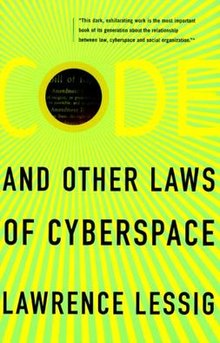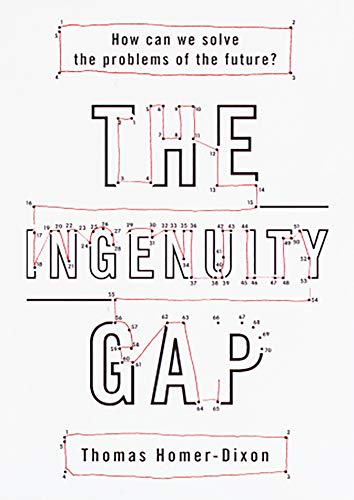The Action Begins for the New Administration
Every issue explores cutting-edge developments in technology, medicine, education, climate change, and much more. Articles provide in-depth analyses of science and technology’s impact on public policy, the economy, and society—bringing today’s best minds to bear on tomorrow’s most critical topics.
Editor's Journal
Where’s the Science?
The Bush administration recently decided not to regulate emissions of carbon dioxide in spite of the fact that the Intergovernmental Panel on Climate Change (IPCC) has become increasingly firm in its view… Read More
From the Hill
From the Hill – Spring 2001
Bush budget outline leaves little room for research spending increases The fiscal year (FY) 2002 budget blueprint released by President Bush on February 28 may lack details, but the framework it sets… Read More
Perspectives
A Science and Technology Policy Focus for the Bush Administration
With the administration of George W. Bush commencing under especially difficult political circumstances, careful consideration of science and technology (S&T) policy could well be relegated to the “later” category for months or… Read MoreJust Say Wait to Space Power
The concept of space power has been receiving increased attention recently. For example, the Center for National Security Policy, a conservative advocacy group, has suggested that there is a need for “fresh… Read More
Features
Bolstering Private-Sector Environmental Management
“We are ready to enter a new era of environmental policy,” Environmental Protection Agency (EPA) Administrator Christine Todd Whitman announced during confirmation hearings in January 2001. Noting that the country had moved… Read MoreSearching for a National Energy Policy
The United States and the world face a daunting array of energy-related challenges. We must work out how to provide, reliably and affordably, the supplies of fuel and electricity needed to sustain… Read MoreAddiction Is a Brain Disease
The United States is stuck in its drug abuse metaphors and in polarized arguments about them. Everyone has an opinion. One side insists that we must control supply, the other that we… Read MoreThe New Three R’s: Reinvestment, Reinvention, Responsibility
As we enter the 21st century and a global knowledge-based economy, the United States has never been more free or full of opportunity than it is today. The extraordinary technological advances of… Read MoreIs Arms Control Dead?
Several prominent themes have emerged in the U.S. national security debate during the past few years: a trend toward unilateralism, a desire to be rid of the strictures of international conventions, and… Read MoreTransforming Environmental Regulation
The new Bush administration has within its reach the tools to implement a new environmental agenda: one that will address serious problems beyond the reach of traditional regulatory programs and will reduce… Read MoreA Short Honeymoon for Utility Deregulation
During the more than 100 years from the inception of the electric utility industry in the latter part of the 19th century through 1995, the inflation-adjusted price of electricity in the United… Read MoreScience and Economics Prominent on EPA Agenda
Although President Bush made very few campaign promises about the role of science in public policymaking, observers say that the incoming administration will likely enhance the role of risk assessment and economic… Read MoreSpring 2001 Update
Congress again considers “green” payments to farmers In the Spring 1995 Issues, I argued that it was “Time to Green U.S. Farm Policy.” A new comprehensive package of federal farm legislation… Read More
Book Reviews

Constructing Reality Bit by Bit
Lawrence Lessig’s book Code and Other Laws of Cyberspace begins and ends with two key themes: that our world is increasingly governed by written code in the form of software and law… Read More
Worrying Efficiently
The Ingenuity Gap is about how to worry efficiently in the 21st century. Most people worry inefficiently, either with undifferentiated anxiety about an unknown future or with hypomania about unprioritized details. This… Read More
Archives – Spring 2001
Photo: U.S. Navy photo Amundsen-Scott South Pole Station As part of the International Geophysical Year (IGY) of 1957-58, a network of scientific stations was set up throughout Antarctica. The Amundsen-Scott South Pole… Read More
